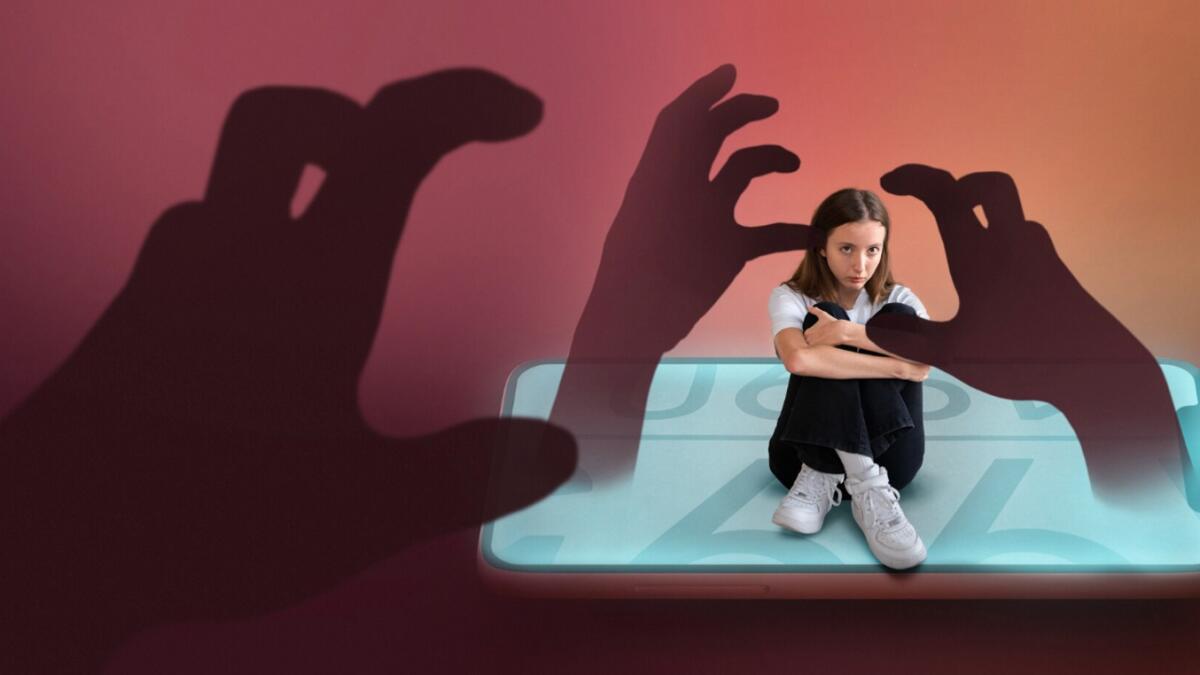In recent weeks, the topic of stalking, cyberbullying, and online harassment has been making headlines. This surge in discussions was sparked by a controversial show on a popular streaming service, highlighting the darker aspects of the online world. While the Internet has revolutionized communication and connectivity, it also poses risks, particularly in the form of online harassment and bullying. The ease of accessibility and anonymity on the internet have given rise to cyberbullying, where individuals can hide behind screens and inflict harm on others without consequences.
The impact of online harassment can be severe, with victims experiencing feelings of shame, confusion, and vulnerability. Victims may also endure physical symptoms such as sleepless nights, headaches, and heightened levels of stress. Online harassment can extend beyond the virtual realm, affecting victims’ professional and personal lives, reputation, and relationships. Despite the seriousness of online harassment, there are several ways individuals can safeguard themselves online, such as being cautious with the information shared, seeking permission before posting pictures, and reporting inappropriate content to platforms.
In addition to these safety measures, individuals can benefit from seeking support from legal and professional services, as well as therapy, to cope with the effects of cyberbullying. Therapy can provide a safe space to process experiences, develop coping strategies, and address the emotional and psychological toll of online harassment. It is essential for individuals experiencing online harassment to prioritize self-care, take breaks from technology when needed, and engage in conversations about online safety with loved ones, especially children and older adults who may be vulnerable.
Dr. Linyan, a clinical psychologist and adult specialist, emphasizes the importance of seeking therapy for individuals struggling with the effects of cyberbullying. Therapy can play a crucial role in rebuilding confidence, trust, and emotional well-being after experiencing online harassment. By implementing safety measures, seeking support from professionals, and prioritizing self-care, individuals can navigate the digital world more confidently and protect themselves from the negative impacts of online harassment.











